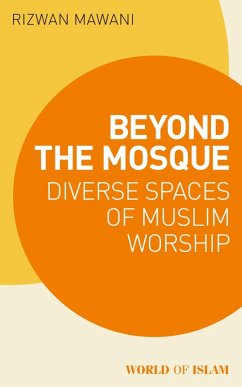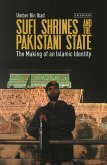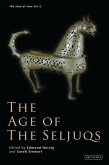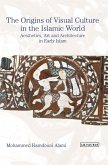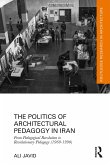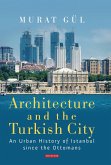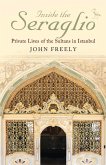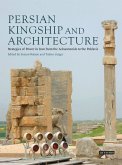I.B. Tauris in association with the Institute of Ismaili Studies
While mosques are the central house of worship for a majority of Muslims around the world, many of Islam's communities have developed their own distinctive religious spaces. These complementary spaces serve the different cultures, geographies and interpretations of Islam that continue to enrich the Muslim tradition.
In this book, Rizwan Mawani encounters diverse communities and their sites of worship, from the mosque and husayniya to the khanaqah and jamatkhana. Readers are introduced to a variety of Muslim spaces, modest and elaborate - their distinct structures and the rituals practised within them, as well as the purposes they serve as community centres and markers of identity. Beyond the Mosque reveals architectural responses to evolving community needs and local environments, from Senegal and China to Iran and India. This illuminating survey celebrates the significant pluralism that characterises the living Muslim tradition today.
While mosques are the central house of worship for a majority of Muslims around the world, many of Islam's communities have developed their own distinctive religious spaces. These complementary spaces serve the different cultures, geographies and interpretations of Islam that continue to enrich the Muslim tradition.
In this book, Rizwan Mawani encounters diverse communities and their sites of worship, from the mosque and husayniya to the khanaqah and jamatkhana. Readers are introduced to a variety of Muslim spaces, modest and elaborate - their distinct structures and the rituals practised within them, as well as the purposes they serve as community centres and markers of identity. Beyond the Mosque reveals architectural responses to evolving community needs and local environments, from Senegal and China to Iran and India. This illuminating survey celebrates the significant pluralism that characterises the living Muslim tradition today.

